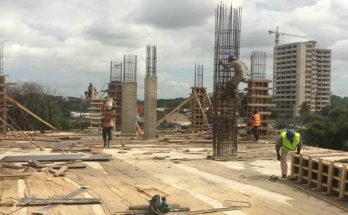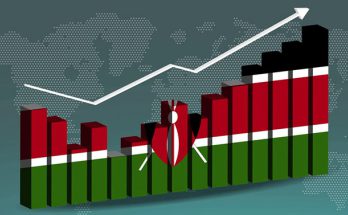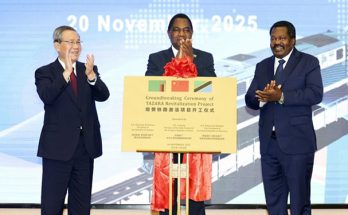 Energy generation in Africa as well as transmission to bring economic growth and job creation is being given top priority, an energy expert from the New Partnership for Africa’s Development (NEPAD) said.
Energy generation in Africa as well as transmission to bring economic growth and job creation is being given top priority, an energy expert from the New Partnership for Africa’s Development (NEPAD) said.
On the sidelines of the Africa Energy Indaba in Johannesburg, Professor Mosad Elmissiry, senior energy advisor of the NEPAD, said that time for talk has gone and the continent is now dedicated to prompt tracking extensive provision of energy.
“We want to boost people’s access to energy and to make the access inexpensive, safe and reliable. We are concentrating on huge infrastructural projects as a quicker way to boost access to energy,” Elmissiry said.
In January 2016, African heads of state and governments approved the Program for Infrastructure Development in Africa (PIDA) Energy Vision, making energy provision as a high concern.
“Governments should play a key role in working with unions, civil societies and private sectors to compel infrastructural projects.” Elmissiry said.
The professor said this year the plan is anticipated to connect East African and South African power pools, through Kenya, Tanzania and Zambia and link Central and West African power pools through Kenya and Tanzania. In addition, viability studies have been ongoing to connect Sudan and Ethiopia.
“At the continental level, we want to link four power pool corridors and ultimately have one vast power pool. China has been playing a key position in this,” Elmissiry said, adding that Africa also hopes to work with other development allies like the World Bank, Africa Development Bank, among others.
The professor said they are exploring renewable energy as part of energy generation in Africa. “We are aiding and executing transmission and generation to guarantee that energy is accessible to those who require it most, particularly those in rural regions.”
Elmissiry added that one of the challenges facing African nations is to have bankable renewable energy projects since priority projects have to be initially identified by nations before planning and viability studies are done.
Monica Maduekwe, program coordinator of the Economic Community of West African States (ECOWAS), said that the group intends to boost energy provision in the region through increasing mini-grids by 2020.
“We want people to have energy, not only for lighting, but also for driving machines and improving productivity. Governments play a key role in this regard.” Maduekwe said.



